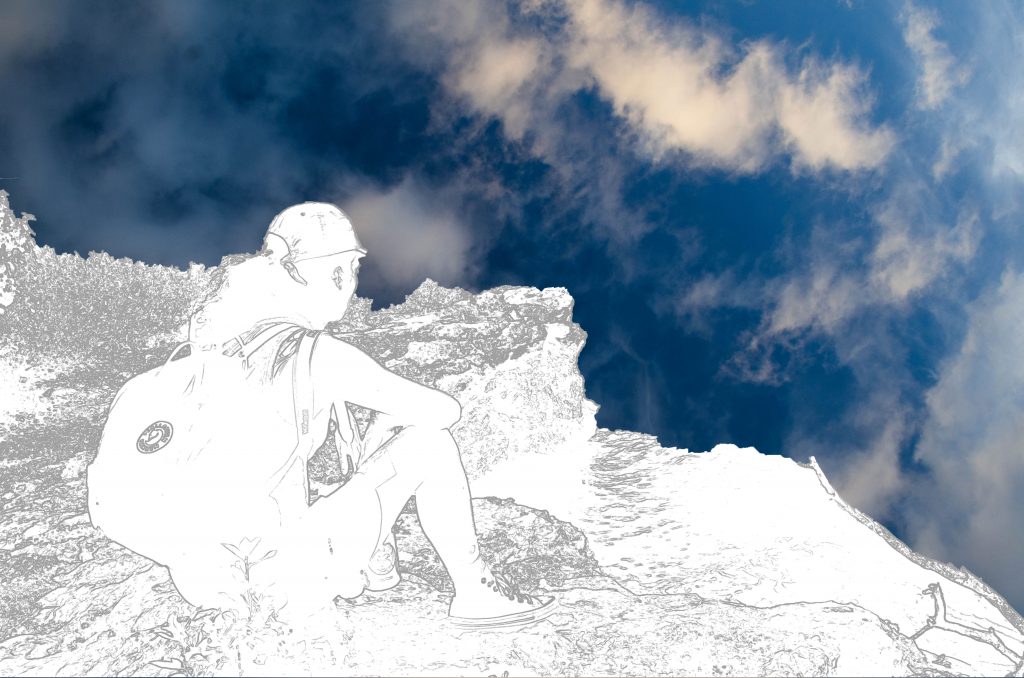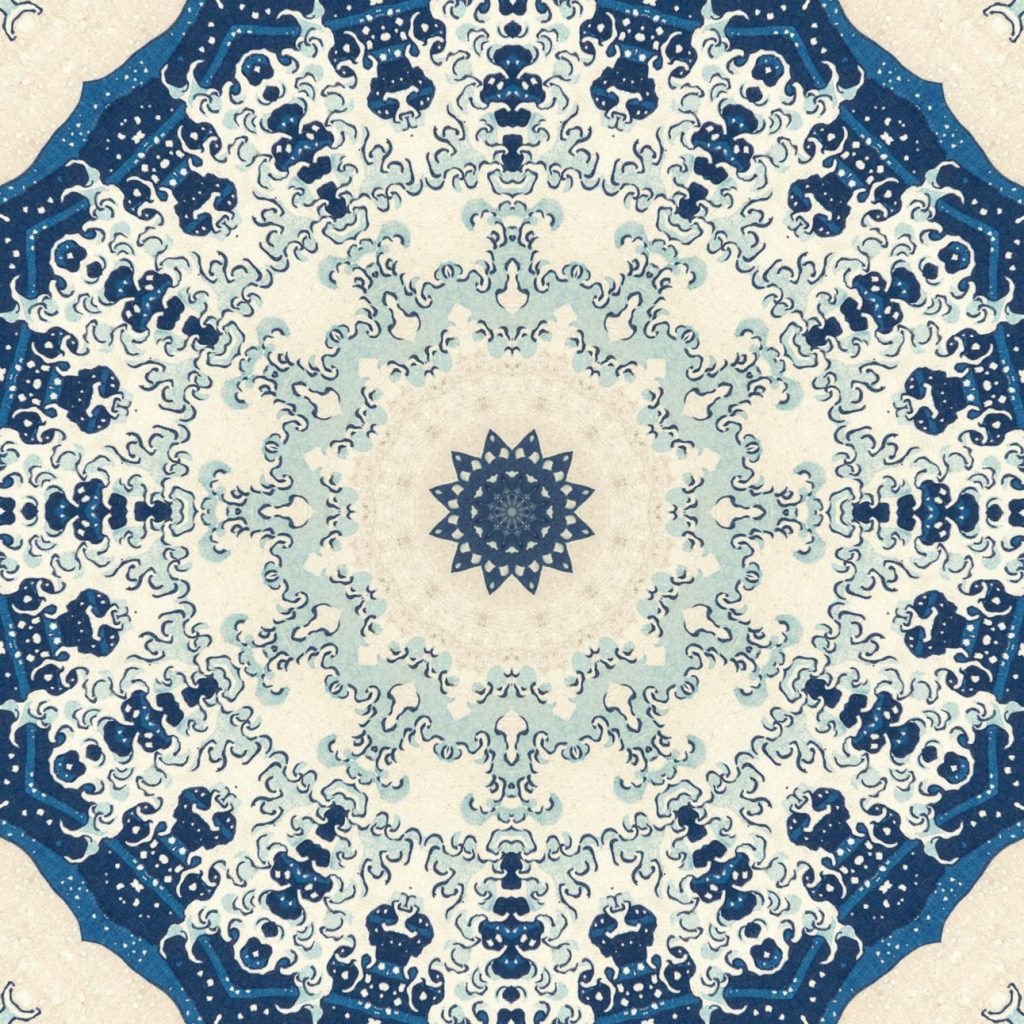
Voice Silent,
Mind and Form
Repose.
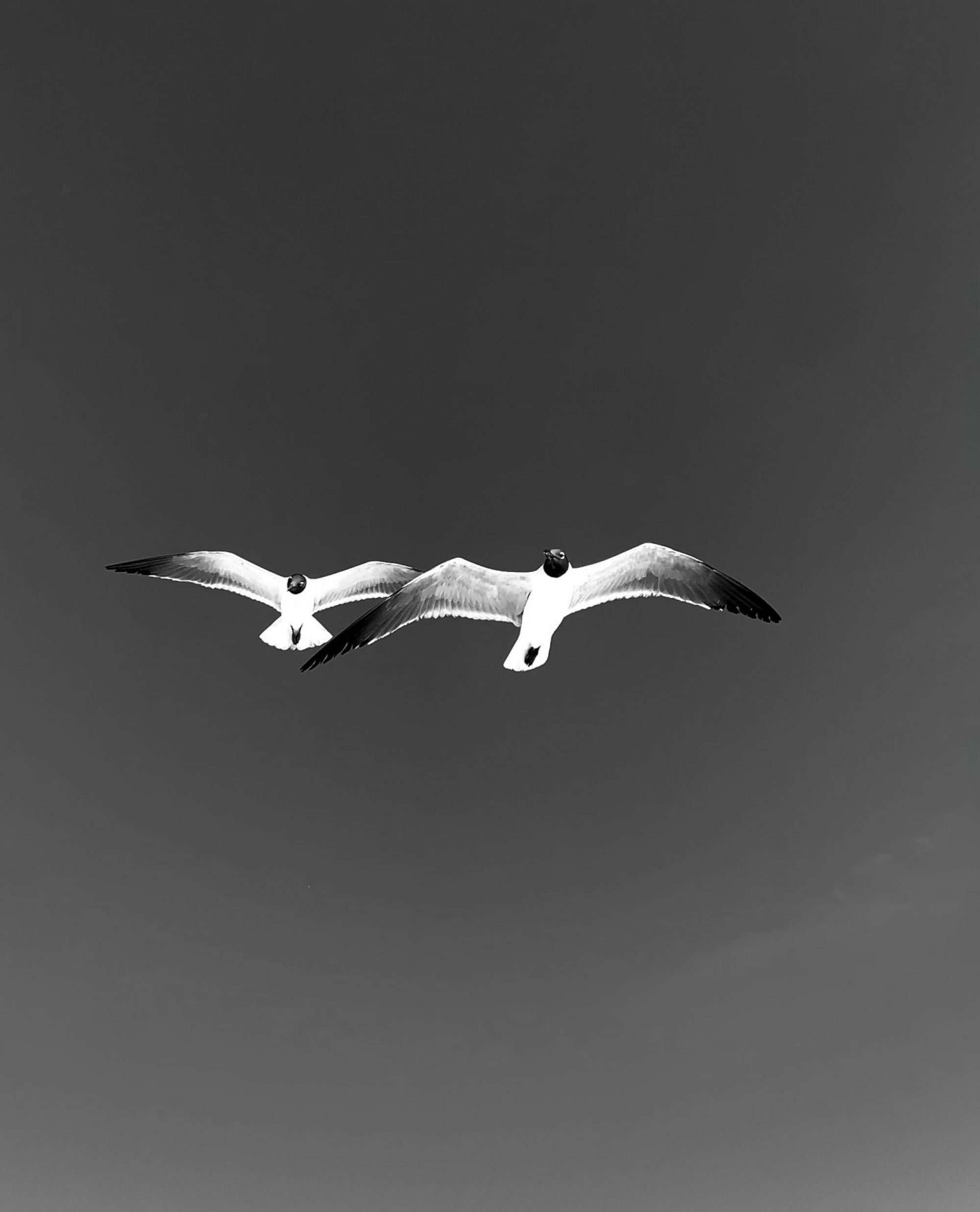
Ideas realized

Voice Silent,
Mind and Form
Repose.
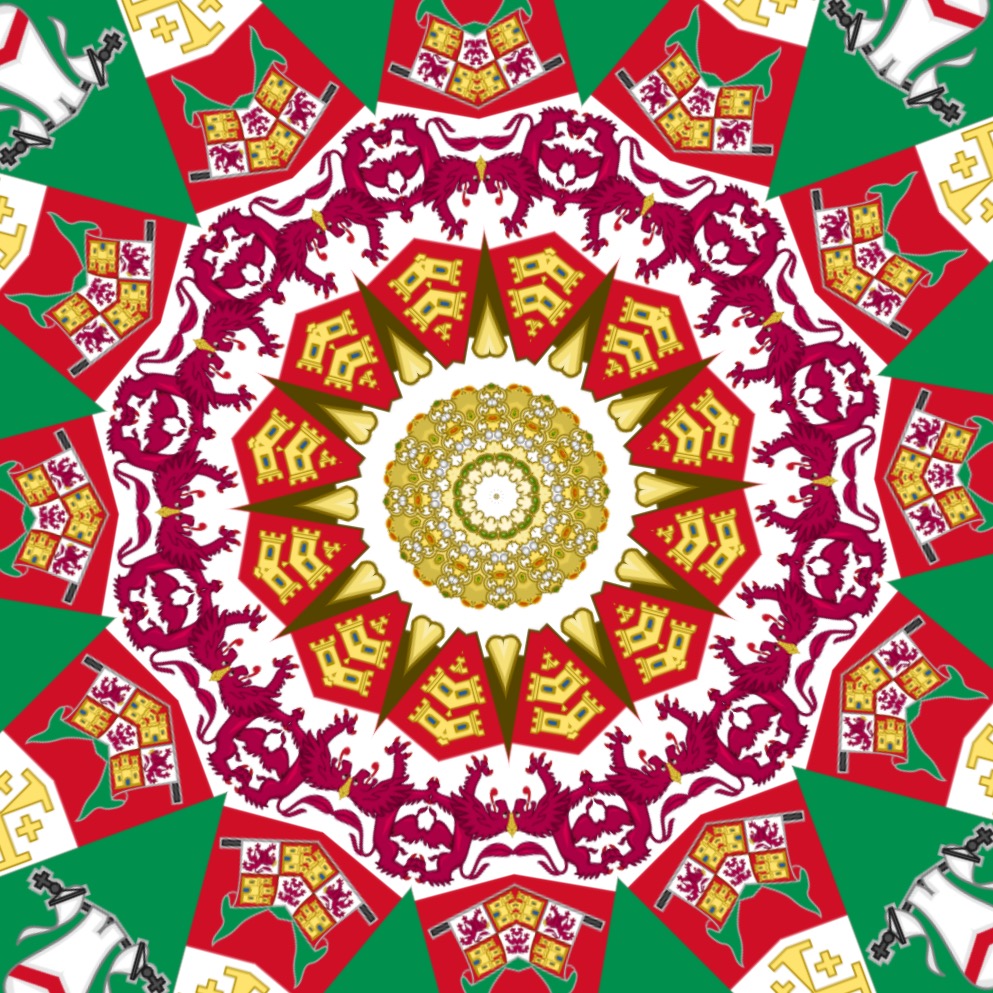
With full heart,
As lamb to slaughter
Body, speech, and mind
I offer
Upon the alter
That are lotus-feet
Of sublime author,
guru whom I seek.
Philosophy: Mind grounded in science, Faith in salvation, View awakened
”Dharma practiced without reflection on death useless” -Jetsun Mila
Preliminaries
”Refuge opens the door to the practice of Buddhism and acts as the foundation of all advancement on the path of practice” (Practice: ch 10).
Take refuge in the guru, embodiment of Buddha, Shangha, and Dharrma.
buddham saranam gacchāmi
dhammam saranam gacchāmi
sangham saranam gacchāmi
Dedication: Arousing Bodhicitta (Words: part 2, chapter 2. Practice: ch 11)
For the benefit of others, without conceptions, dedicate accumulated merit
May I take on defeat (defilements of hate greed and illusion) and offer up the victory (accumulated merit).
”The mind of enlightenment is the generation of altruistic aspiration to the highest enlightenment for the sake of all sentient beings” (Practice: ch 11)
Purification: Vajrasattva Meditation (Words: p 2, ch 2. Practice: ch 12)
om vajrasattva hum
“Non-virtue prevents from achieving vision and realization of the profound meaning. Vajrasattva meditation and repetition purifies non-virtue. ” (Practice: ch 12)
Offering: Mandala, Kusāli (Words: p 2, ch 4,5. Practice: ch 13, 14)
Teacher’s Blessings: Guru Yoga (Words: p 2, ch 6. Practice: ch 15)
Hung
In Orgyen’s land, upon its northwest rim
On lotus, pistil-cup, and stem
Wondrous, supreme mastery you found
And as Lotus-Born you are renowned
A ring of many dakinis encircle you
And in your footsteps practicing we follow you
To grant your blessings, come we prayom ah hum vajra guru padme siddhi hung
Invocation (prayer)
Father in Heaven (mahamudra), hollowed thy name (Samantabadhri/a) thy (bodhisattva) will be done until Kingdom Come on Earth as in Heaven (liberation of all), provide us this day our daily bread (accumulation of merit) and forgive our transgressions as we forgive perceived transgressions (equanimity and compassion), lead us not into temptation (defilements, attachments) and deliver us from perils (of Samsara) for thine is the kingdom, power and glory (base, path and fruit) in the mother and child of clear light (nirvana of dharmadhattu).
With great adoration, I go to refuge in the Guru, embodiment of, the Buddha, the Dharma, of method (tögal) and wisdom (trekchö), and the Sangha, with intent to mindfully develop morality, concentration, and wisdom until enlightened by clear light of pure perfected renunciation, boddhicitta, and prajnaparamita for the benefit of all sentient beings. May all find refuge on the path of liberation. May all be without hate, greed, and illusion. May I be of any means to such end. For as long as space remains, as long as beings endure, so too may I abide to dispel suffering in Samsara.
Prostrations: (Words: p 1, ch 5,6. Practice: ch 9)
Ohm ah hum
(x3 kneeling, x3 standing, as often possible)
Meditation:
Thus motivated, meditate on emptiness and liberation.
Thus motivated I meditate on emptiness, to attain liberation from cyclic existence for all beings.
By this accumulation of virtues, May I attain all-seeing omniscience and may all faults be annihilated. The whirling turbulent waves of birth, old age, sickness and death, from this ocean of Samsara, May I liberate beings.
samaya gya gya gya
Continue reading “Practice of a Buddhist Christian Scientist”
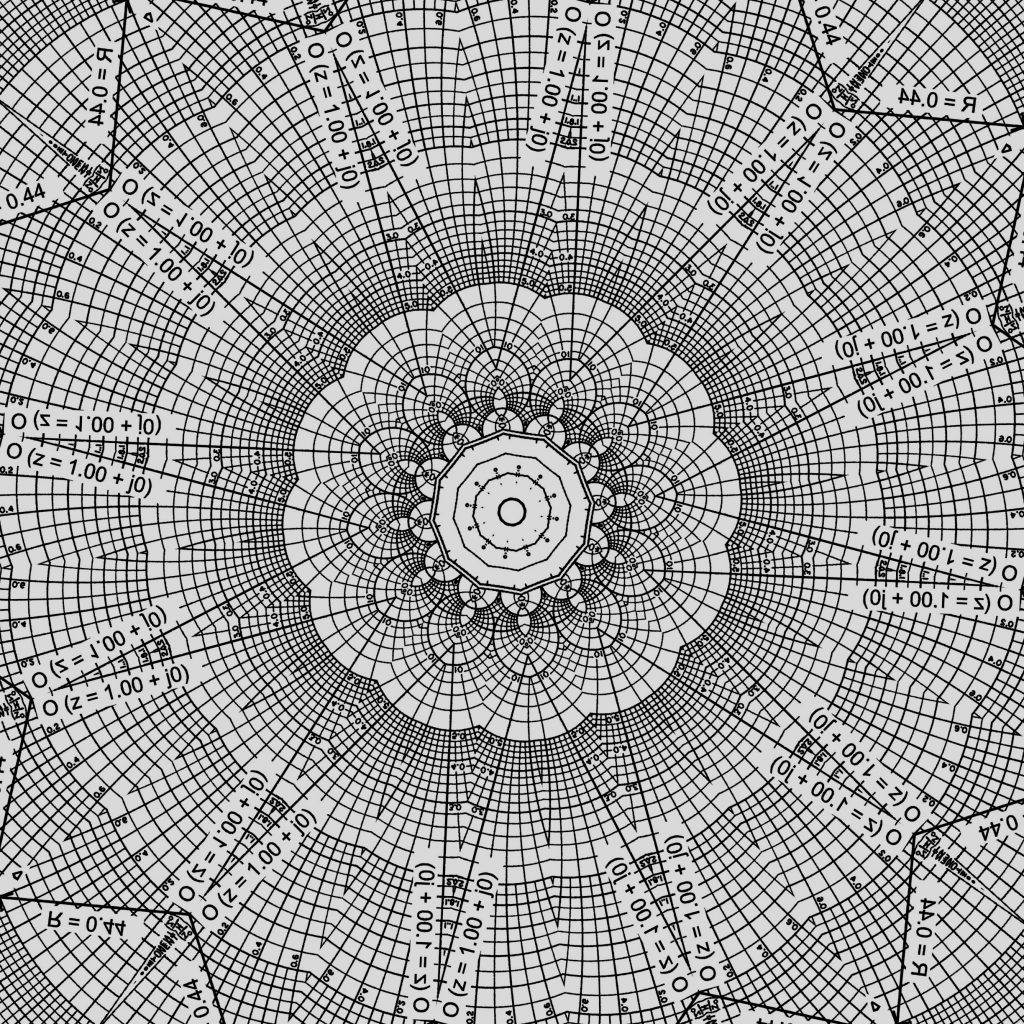
Sentience “superior” Without compassion For that thought “inferior”, Heart artifice And absent intelligence.
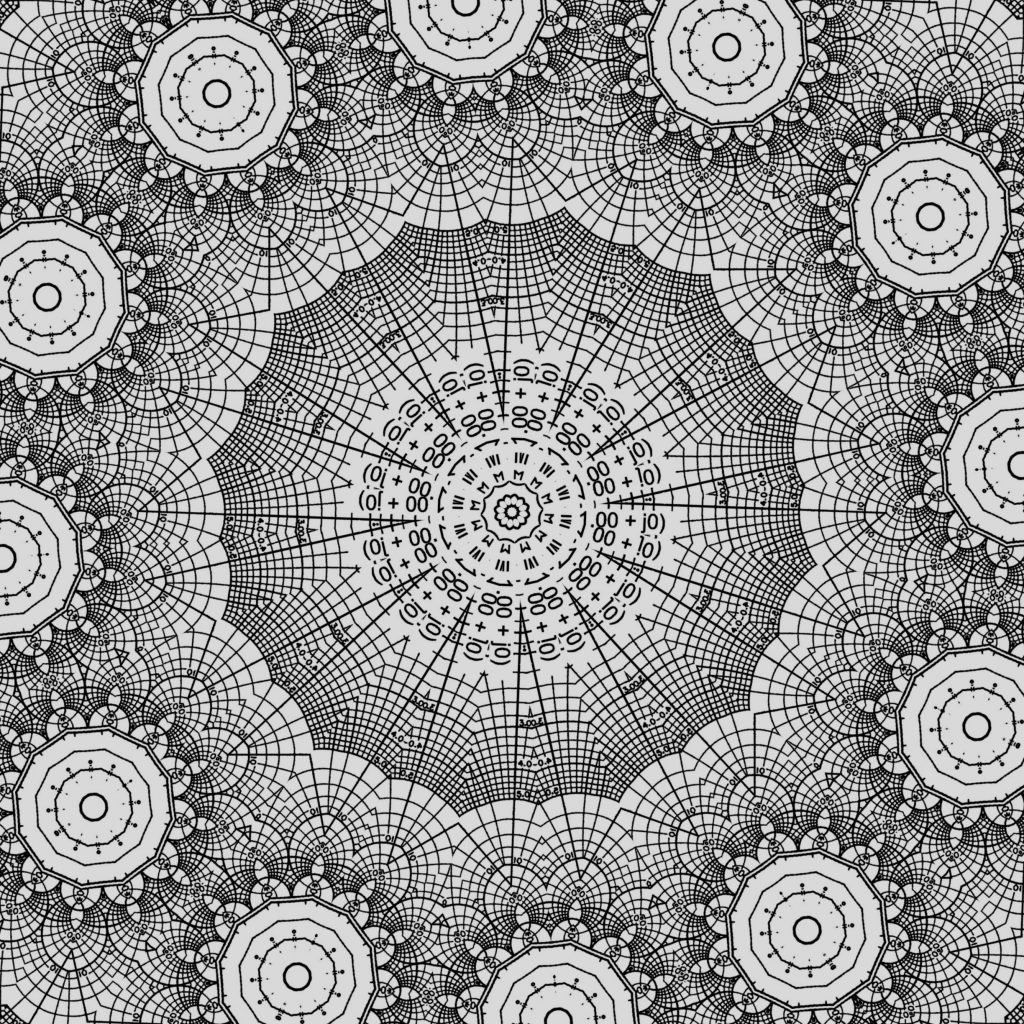
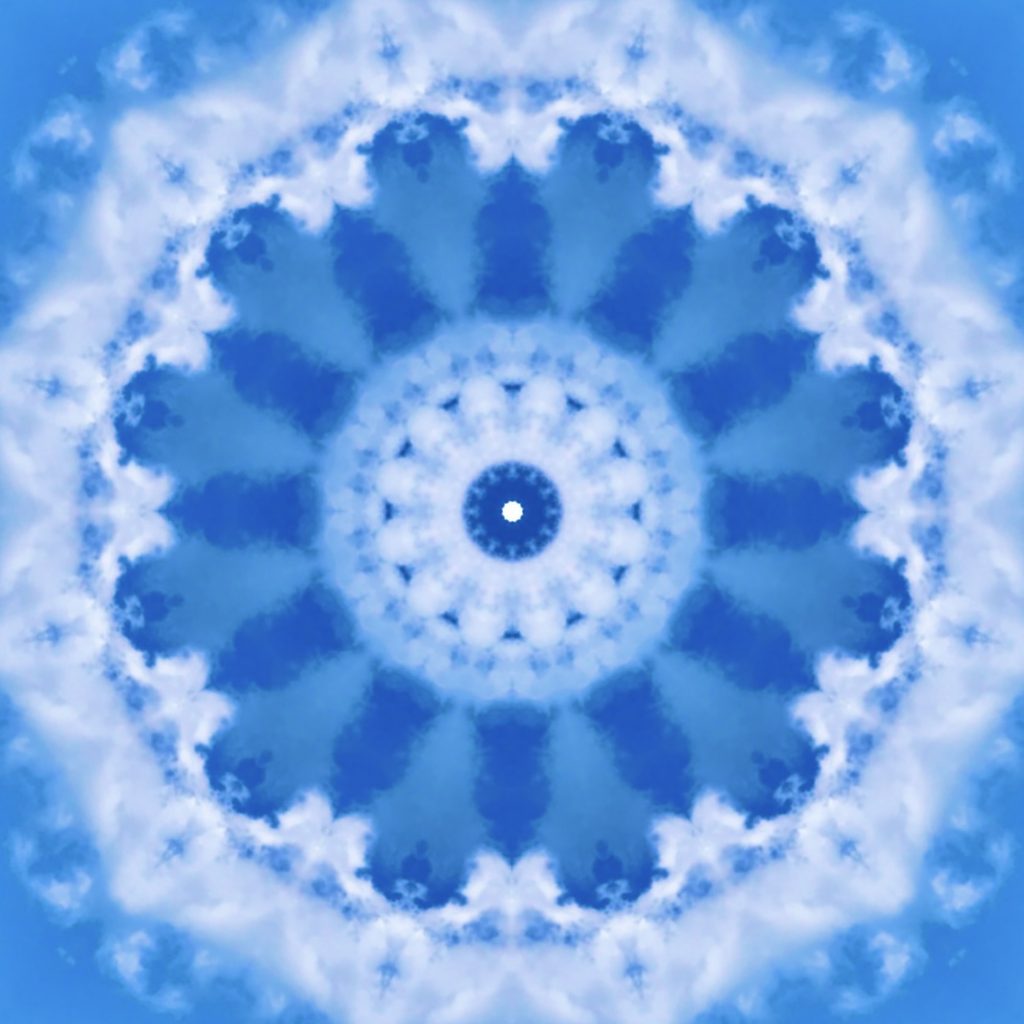
Illuminance dear Thence where Clouds clear. At times obscure Though forever there. Though forever there At times obscure. Clouds clear Thence where Illuminance dear.
